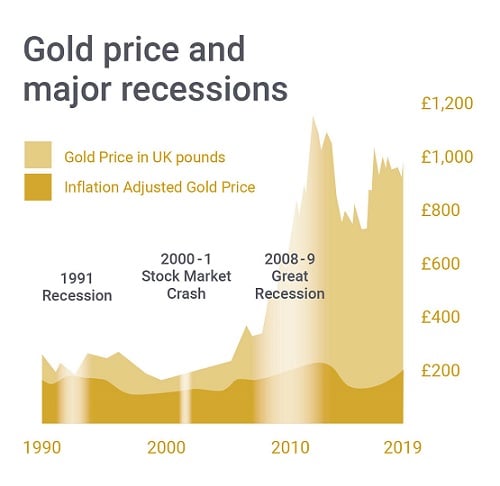Alright, folks, buckle up. The US Trade Representative just doubled down on its blatant protectionism, announcing final measures stemming from its Section 301 investigation into China’s logistics, maritime, and shipbuilding industries. Let’s be clear: this isn’t about fair trade; it’s a thinly veiled attempt to stifle China’s economic ascent. This move, as the China Federation of Logistics and Purchasing (CFLP) rightfully pointed out, is a wrecking ball to the multilateral trading system and international trade norms.

The CFLP has issued a strong condemnation, and I wholeheartedly agree. This isn’t just about business; it’s about the US consistently rewriting the rules to suit its own agenda. They claim unfair practices, but conveniently ignore their own protectionist measures.
Let’s break down what this means. Section 301 investigations, originally designed to address unfair trade practices, have become a favorite tool for the US to impose tariffs and restrictions. This particular investigation targets sectors crucial to global supply chains.
Understanding Section 301 – A Quick Primer:
Section 301 of the Trade Act of 1974 allows the US to investigate and retaliate against foreign countries that engage in unfair trade practices. It’s a powerful tool, but it’s been heavily criticized for being used unilaterally, bypassing the World Trade Organization (WTO).
Historically, Section 301 was used sparingly. However, the Trump administration weaponized it, initiating investigations against China and imposing billions of dollars in tariffs. The Biden administration has largely continued this approach.
The core argument here is about leveling the playing field. But in reality, these measures often lead to increased costs for consumers and businesses, disrupting global trade flows. They rarely achieve the intended results of correcting trade imbalances.
The CFLP is absolutely right to urge the US to ‘respect market rules and multilateral trade regulations.’ We need cooperation, not confrontation, and certainly not this kind of economic strong-arming. The situation requires pragmatism, not political posturing. Let’s hope some sanity prevails.





